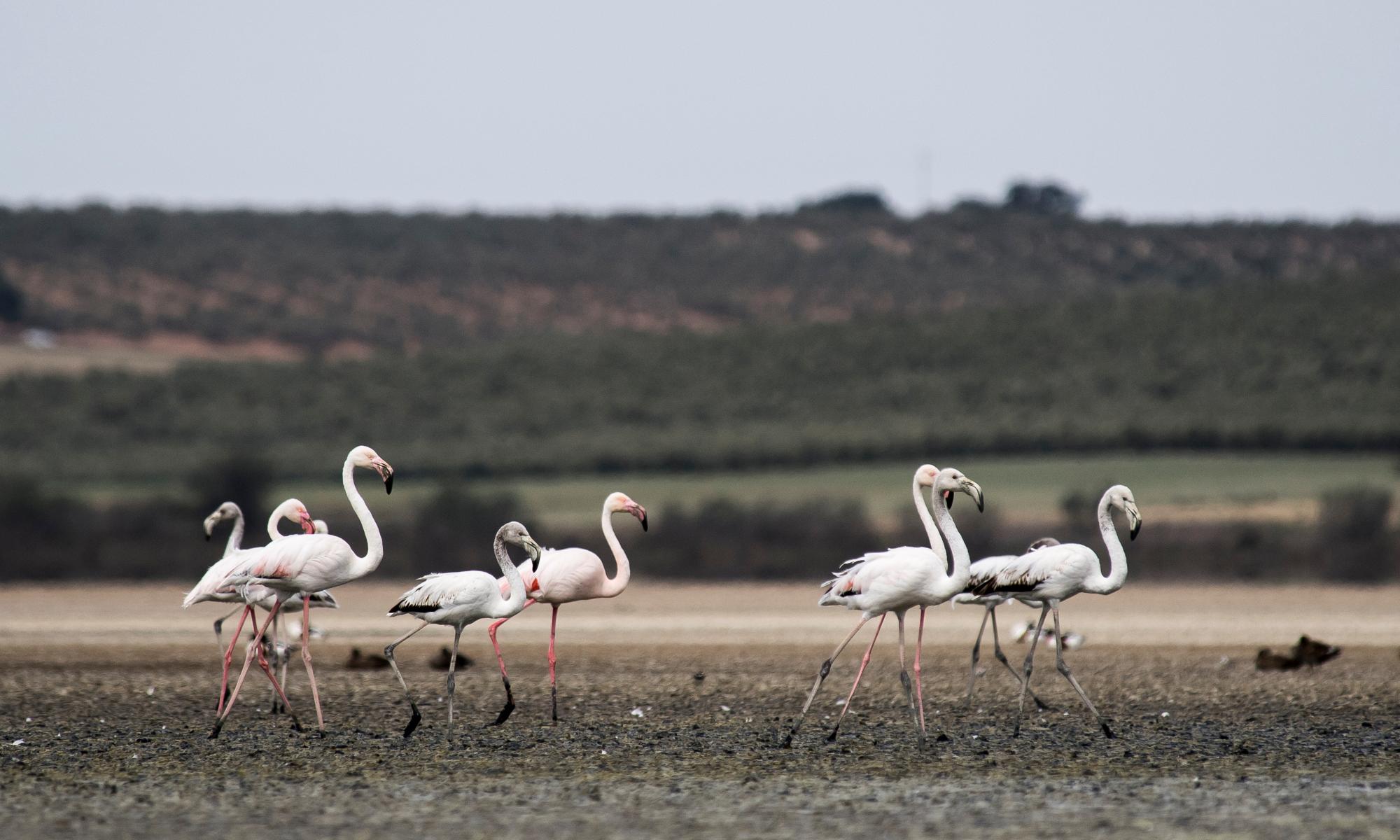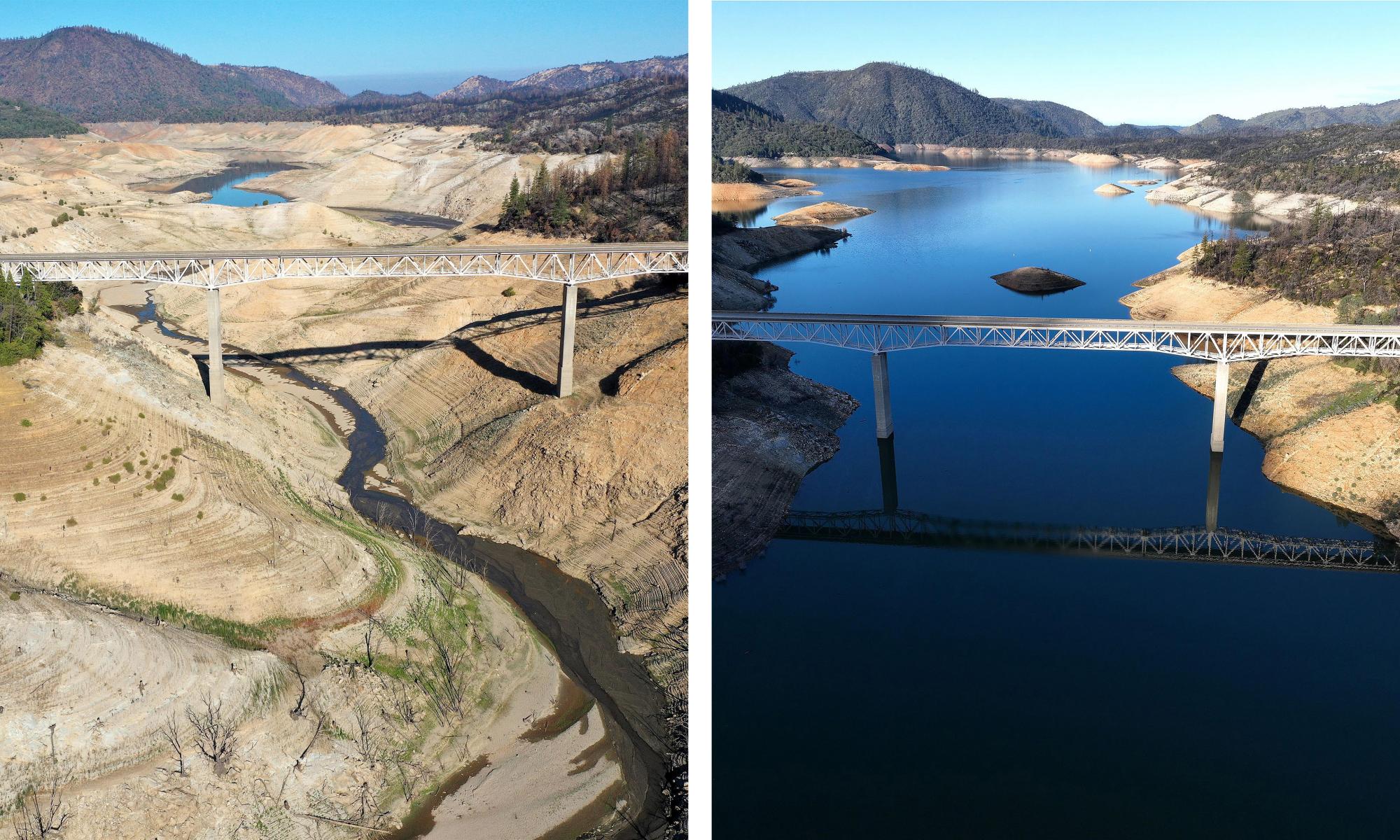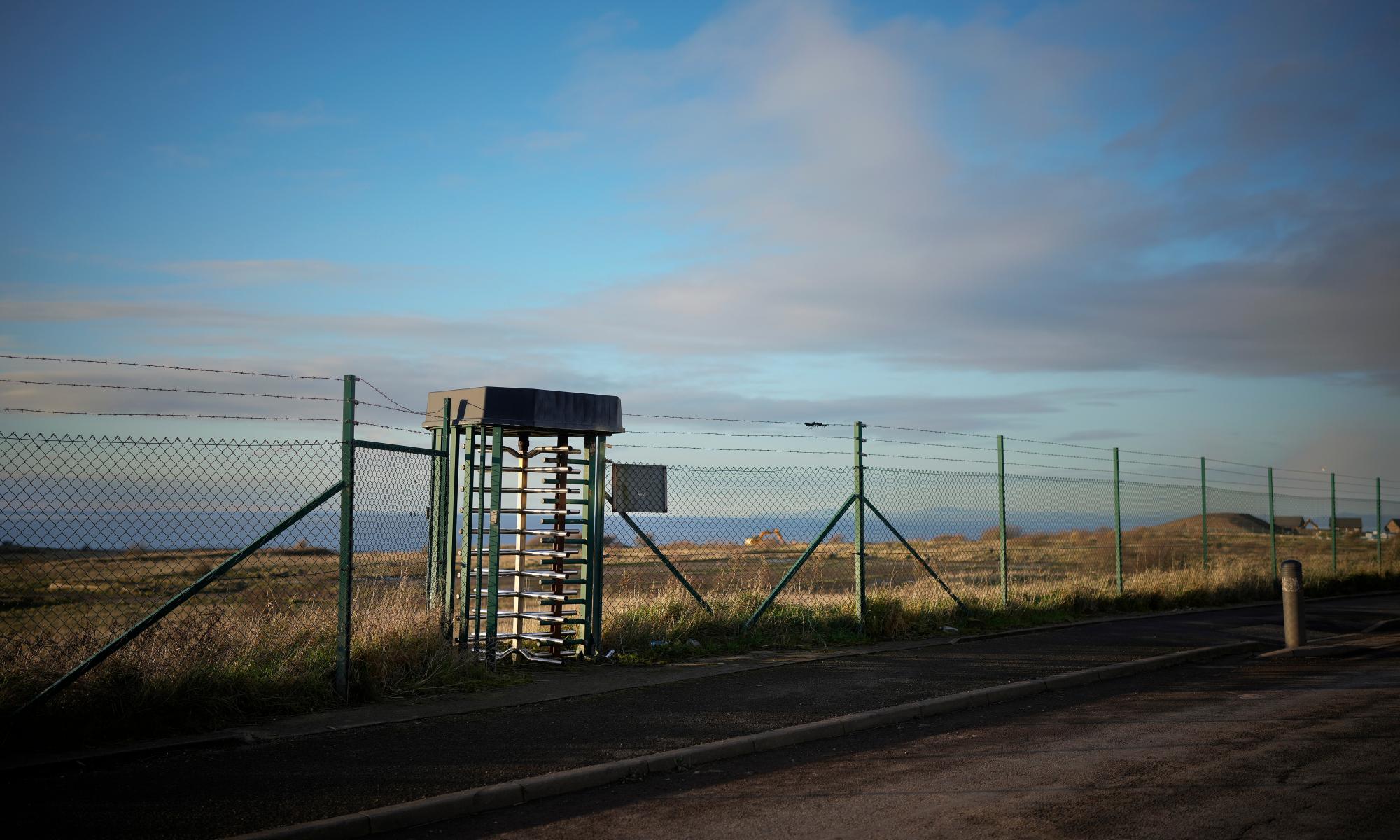The UK’s efforts to cut greenhouse gases are being undermined by a failure to put in place climate policies that cover imported goods, research has found.
The government is committed to cutting the UK’s carbon output to net zero by 2050, and emissions have been falling for the past three decades. But that does not take into account the “invisible” side of Britain’s carbon footprint, which comes from international travel and the carbon produced overseas to make goods that are used here.
About half of Britain’s true carbon footprint is made up of these sources, according to a report from the conservation charity WWF.
Emissions associated with imports to the UK, including international travel, have risen from about 316m tonnes of carbon in 1990 to 360m tonnes in 2016 and 358m tonnes in 2017, the latest year for which data is available. These imported emissions can vary substantially from year to year, but have been broadly steady or rising, though they are down from a peak of 449m in 2007, before the financial crisis.
Over the same period, between 1990 and 2016, the UK’s own carbon emissions fell by more than 40%, thanks mainly to a long switch away from coal-fired power to gas and renewable sources of electricity, according to the report published on Thursday.
The carbon associated with the manufacture of imported goods appears in the carbon accounts of the manufacturing country. However, some countries have less stringent carbon targets than others, and developing countries may struggle to use low-carbon methods as they pursue economic growth. International aviation is not covered by countries’ national carbon targets, under the UN climate talks and the Paris agreement.
“If all other countries were going for net zero too, then this [invisible carbon footprint] wouldn’t be a problem,” said the author of the report, John Barrett, a professor of energy and climate policy at the University of Leeds. “The UK should be showing leadership.”
Policies to ensure that goods allowed to be imported had a lower carbon footprint – such as requirements on the efficiency, repairability and recycling of electric and electronic goods – could have a major impact on the invisible side of Britain’s carbon footprint, he added. Exporters would have an incentive to reduce their carbon footprint and the emissions associated with using their goods.
Other changes to people’s habits could also bear fruit, for instance, encouraging a move to a healthier diet with more vegetables and less meat could change food imports and the carbon associated with them, said Barrett.
The question of how to account for the emissions associated with imports is a vexed and polarising one, with some green campaigners arguing that developed countries should accept responsibility for emissions generated overseas, while other economists point out that the manufacturing countries have been paid for the goods.
Josh Burke, a policy fellow at the Grantham research institute on climate change at the London School of Economics, who was not involved in the report, said: “Using consumption accounting to understand trade flows is a useful exercise in light of the current global disruptions to supply chains and geopolitical tensions that have seen trade walls erected. Policies to shift consumption patterns and lower imports emissions – such as border carbon adjustments – are an elegant economic solution, based on equity and efficiency, rather than protectionism.”
The EU is considering such border adjustments – in effect, carbon taxes on imports – to take into account the carbon generated by their manufacture, as part of its European green deal. But this is complex, said Burke. Such policies “tend to get bogged down in the politics of implementation and discussions often get sucked backed into protectionist agendas. As the UK begins to negotiate a raft of new free trade agreements, the optics of such a policy may in fact hinder international cooperation.”
The UK will host the next UN climate talks, originally set for November in Glasgow but delayed to next year by the coronavirus crisis. This gives ministers the opportunity to encourage other countries to bring forward strong plans on curbing greenhouse gas emissions, and to offer assistance to poor countries that could benefit by building their low-carbon export sectors, according to Stephen Cornelius, the chief climate adviser at WWF.
“We should not be avoiding imports, but we should help other countries to reduce their carbon intensity,” he said. “The UK should work with other countries to bring forward high-ambition plans” under the Paris agreement.
Barrett warned that ministers could be tempted, in drawing up plans for the economy to recover from the virus crisis, to pursue trade deals at any cost, without regard to their environmental impacts. “We have the option to improve standards, to encourage a low-carbon economy, or a race to the bottom,” he said. “That would undermine our environmental and social capital.”
The UK’s domestic emissions fall under the Climate Change Act, under which the government must meet carbon budgets set out by the independent Committee on Climate Change several years in advance.
The CCC has recommended that the UK continue to base its commitments on its “territorial” emissions, as this is the agreed international practice, but also keep track of emissions based on the consumption of goods from overseas and the implications of that trade.


